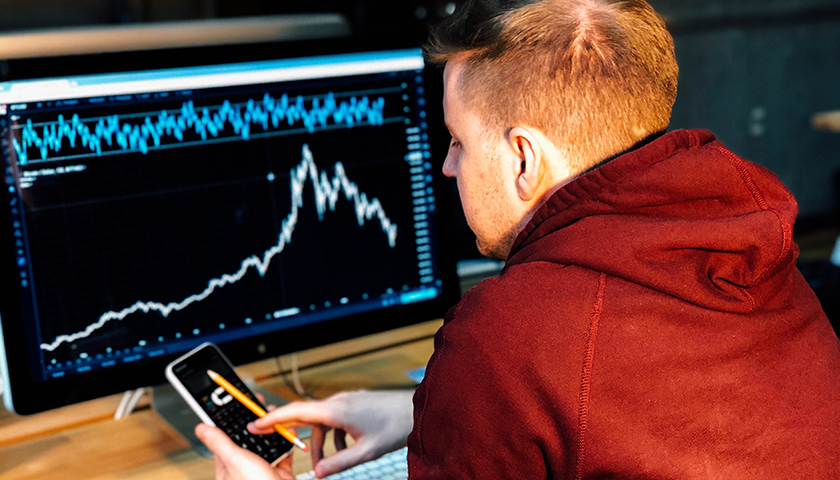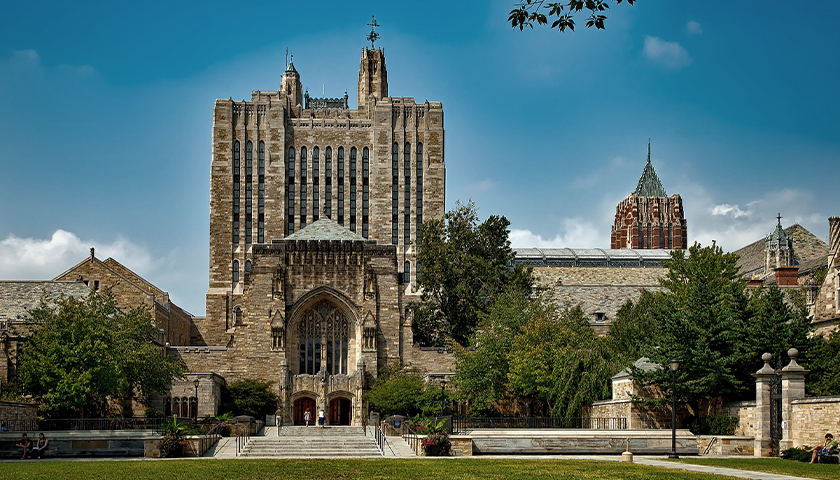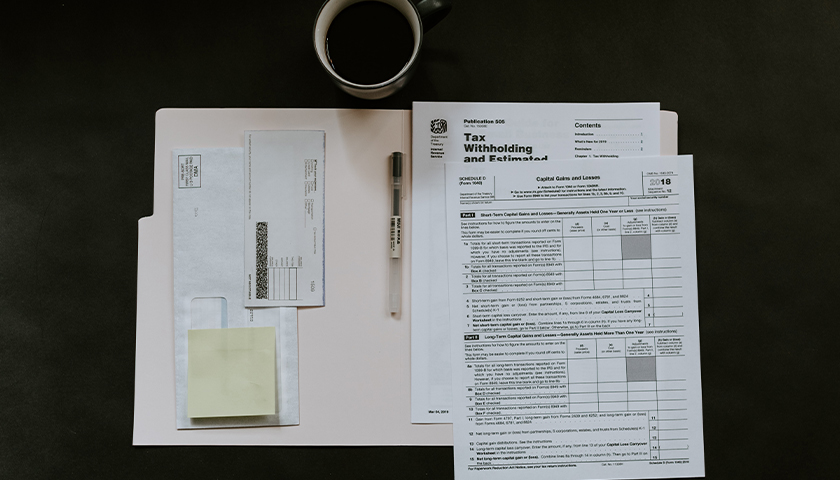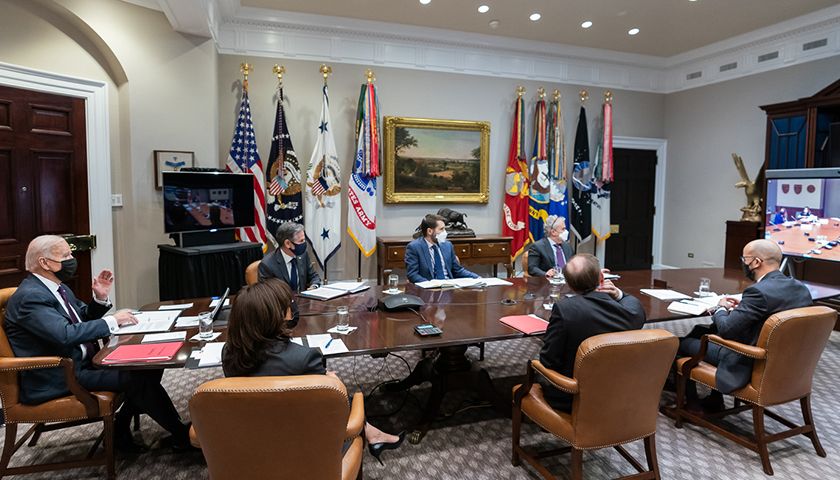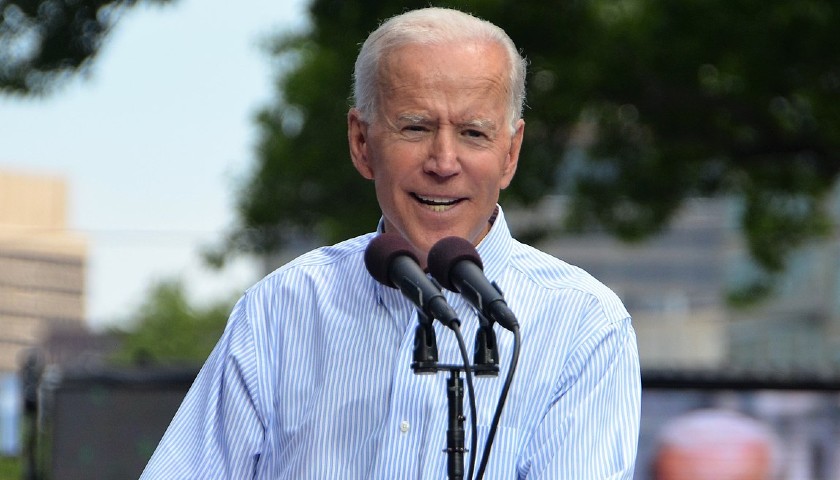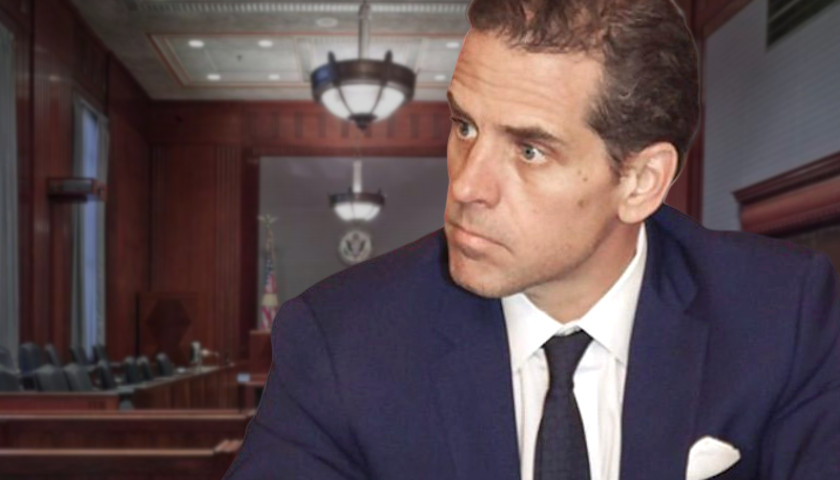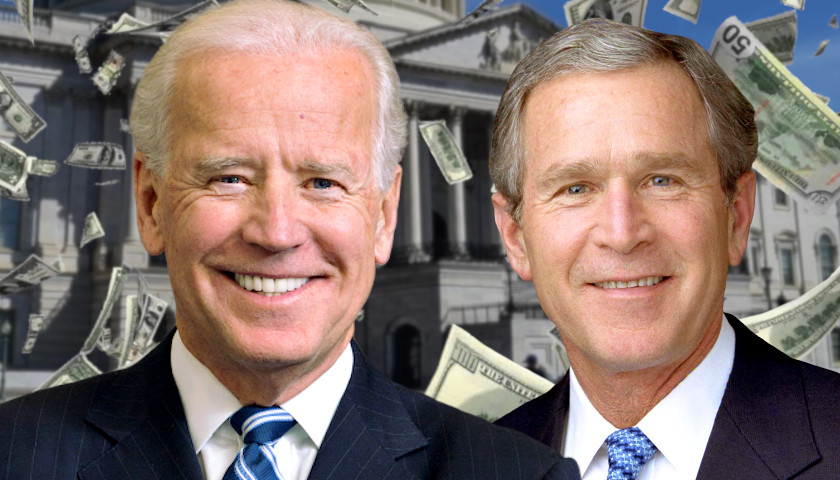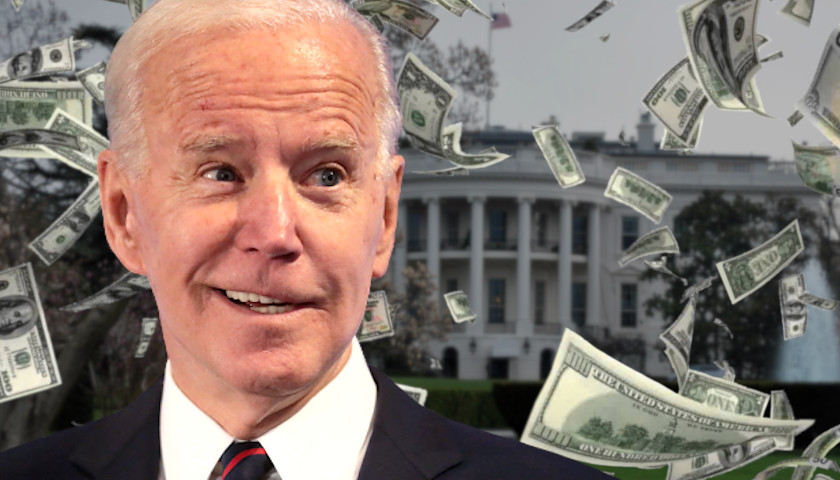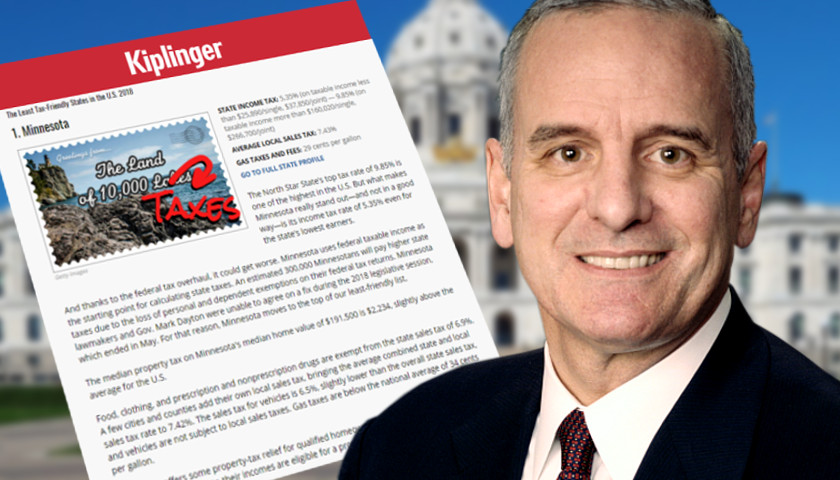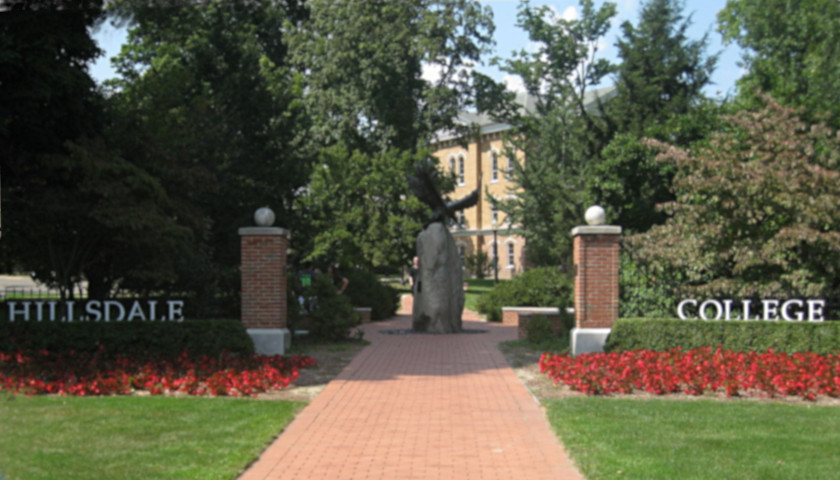Are you having a hard time understanding why the housing market is heating up, and why the cost of essentials such as milk, eggs, and gas is climbing? Are you in the market for a used car? Then you know how expensive those are right now. And why can’t businesses find employees, yet millions remain unemployed? Economists agree the recovery isn’t like anything we’ve seen before. That’s because we’ve never had a situation before where the heavy hand of government shut down private enterprises on a nationwide scale. The market distortions are enormous. As states reopen, there is a herky-jerky feel to the economy that has many people unsettled.
Former Federal Reserve vice chairman Alan Blinder wrote in the Wall Street Journal recently, “the recovery is not linear. Rather, it is proceeding in fits and starts. Sales of physical goods, for example, dipped only briefly when Covid hit, recovered quickly, and are now well above their pre-pandemic levels. In stark contrast, businesses that deliver personal services, such as restaurants and hotels, suffered a devastating depression and are still below their pre-pandemic levels.”
By far the most uneven outcome so far since the economy crashed in spring 2000, besides the 7.6 million fewer jobs compared to pre-pandemic levels, has been inflation, which is up 5 percent the past 12 months.
Read More
